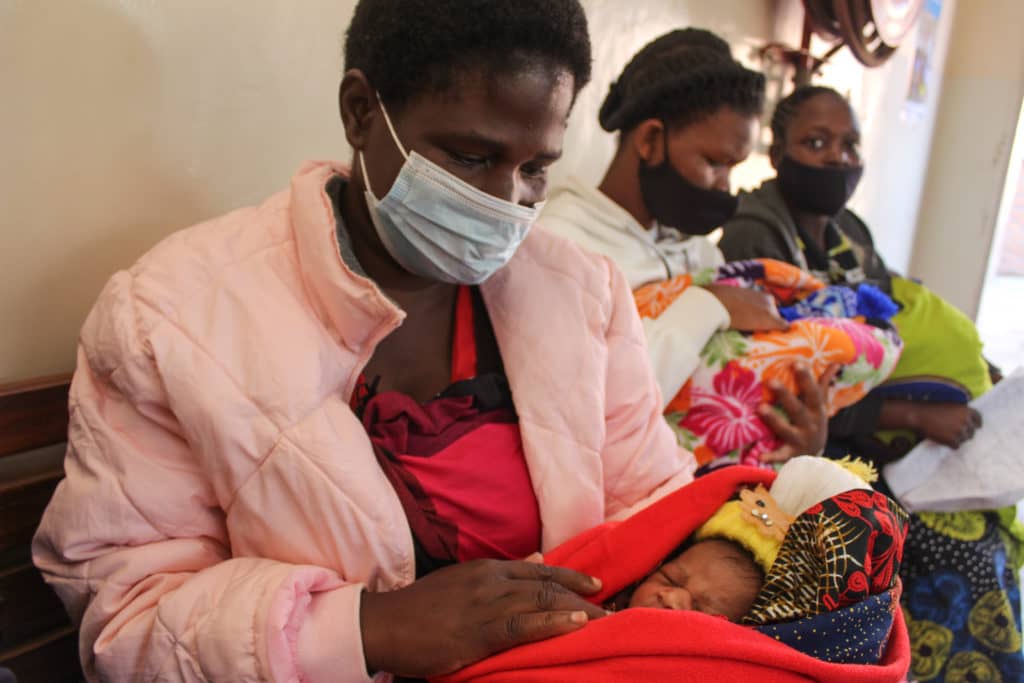By Burnett Munthali
The healthcare system in Malawi, once regarded as a beacon of hope for vulnerable populations, is increasingly under scrutiny as reports of medical negligence grow alarmingly frequent. Among the most heart-wrenching cases are the deaths of expectant mothers in public hospitals, a glaring indicator of systemic failures in service delivery. These incidents expose the cracks in the nation’s healthcare system and call into question the effectiveness of leadership, resource allocation, and accountability mechanisms.
Malawi’s maternal mortality rate remains among the highest in the world, despite years of intervention programs. What is deeply troubling is that many of these deaths are preventable. Reports of women being left unattended during labor, unavailability of essential drugs, and lack of functional medical equipment have become distressingly common. Negligence by healthcare professionals, whether due to understaffing, exhaustion, or incompetence, further exacerbates the crisis.
The death of an expectant mother in a hospital is not just a personal tragedy but a national failure. It robs families of their loved ones, children of their mothers, and communities of productive members who are often the backbone of their households.
1) Malawi’s healthcare sector is underfunded, with limited resources spread thin across a growing population. This shortage manifests in poorly stocked hospitals, inadequate infrastructure, and overworked staff.
2) With one of the lowest doctor-to-patient ratios globally, healthcare workers in Malawi are overwhelmed. This pressure often leads to errors, delayed care, and negligence.
3) The misallocation of funds, procurement scandals, and lack of accountability have crippled the healthcare system. Funds meant for maternal health often fail to translate into tangible improvements.
4) Many healthcare workers operate without sufficient training or oversight, resulting in substandard care that jeopardizes lives.
Families of victims have consistently spoken out, demanding justice and accountability. However, their cries often fall on deaf ears, as investigations are either delayed or fail to result in meaningful reforms. This lack of resolution fosters a culture of impunity, where negligence becomes normalized.
While Malawi has policies and programs aimed at improving maternal health, such as the Safe Motherhood Initiative, their implementation remains lackluster. Leadership in the health sector has failed to prioritize maternal care, with more attention often given to political appeasement than addressing systemic issues. The recent procurement of luxury vehicles for government officials amid this crisis starkly highlights misplaced priorities.
To address this healthcare agony, immediate and long-term measures must be implemented:
1) The government must allocate more resources to the health sector, ensuring hospitals are adequately stocked and staffed.
2) Mechanisms: Clear guidelines and strict monitoring are needed to ensure negligence is addressed and culprits held accountable.
3) Programs: Continuous education and training for healthcare workers will improve service delivery and reduce errors.
4) Empowering communities to demand better services and hold leaders accountable is vital in driving systemic change.
The increasing reports of negligence in Malawi’s healthcare system, particularly the deaths of expectant mothers, are a national emergency. They highlight the urgent need for reforms to restore trust and ensure that healthcare is a right, not a privilege. Leaders must rise to the occasion and demonstrate that the lives of Malawians, especially vulnerable mothers and children, are a priority. Anything less is unacceptable.
As a nation, Malawi cannot afford to lose more lives to negligence. The time for action is now.




